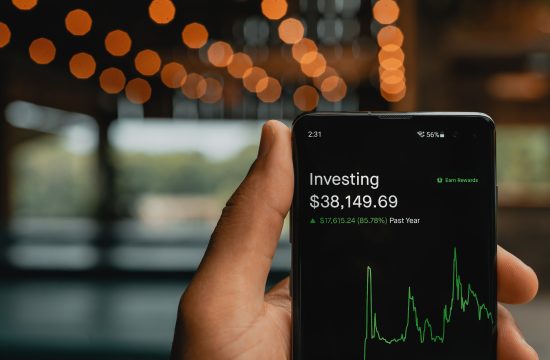Saturday marks the 100th straight day of demonstrations in Portland, Ore., which have become a flashpoint in the national political debate over race and policing.
The protests have sometimes been followed at night by property destruction and violent clashes between demonstrators with support from the loosely knit left-wing groups known as antifa and police. Right-wing groups have at times staged counterprotests that have resulted in violence.
The Wall Street Journal spoke with business leaders and other volunteers at a downtown clean-up event, business owners in Northeast Portland and protesters at two different demonstrations on Thursday.
“With all of that violence here, [Trump] used it, it gave him a couple points. It did. We all saw his little bump that happened in the past few weeks, and that’s partly because he’s been using the imagery from this to blast this out in the Midwest, or wherever the hell he is, and make them think that this is Beirut.”
—Jamal Williams, 50, founder of a group focused on nonviolent protest. He has been out nearly every night for the past 100 days.
“I don’t think that property destruction matters. I think that Black life matters. Property is not life. Property is not a person that has to live with the trauma of the violence and the racism that Black and brown people have to live with.”
—Erin Aquarian, 38, witch and artist, has been to about 30 protests in the last 100 days.
George Schweitzer, right, talks to volunteers at a clean-up event.
“Right now people are really afraid to come to Portland. Covid is the underlying major problem, but the protests have been disruptive, there’s no question. Occupancies nationally are getting back to about the 50% level. That’s not what’s happening in Portland. We’ve got some of the lowest occupancy rates in the country.”
—George Schweitzer, 64, managing director of the Benson Hotel and chairman of the Portland Lodging Alliance
Cole Reed and her son, Phoenix.
“I think on the outside looking in, people have had enough of being killed. You see buildings burning. What you’re saying is buildings are more important than bodies.”
—Cole Reed, co-owner of greenHAUS gallery and boutique and co-founder of Exit the Maze, an antiracism nonprofit, hasn’t attended protests for health reasons.
“Businesses are suffering all over the city. It’s been devastating, the whole situation, but it’s not the dystopian hellscape it’s been portrayed to be.”
—Gustavo Cruz, 59, a lawyer and chair of the city’s economic development agency
“A lot of us out here, we want to abolish the police—no cops, no prisons, total abolition—because the system is rooted in white supremacy and slave catching. That’s where police come from, so we can’t really reform it because the roots of it are so corrupt.”
—Jahdi Levvi, 30, recently quit his job to become a full-time community organizer and attends protests regularly
“Heartbreak for the mayor, heartbreak for the chief of police, that’s what this is achieving. As far as progress, it’s not achieving anything because no one has a plan.”
—Theotis Cason, owner of Cason’s Fine Meats, hasn’t attended any of the protests because he has been working
“I think the protests have achieved small results. I definitely think that it’s radicalized a lot of people and has truly opened up people’s eyes because now they’re seeing that we are out there protesting against police brutality and getting brutalized in the same night.”
—Evelyn Bassi, 30, has been out “too many nights to count” but took a break after being burned at a protest by a grenade that landed in front of the Justice Center
“I think the Black movement should be more organized. I think our leaders need to be in the front, just as Martin Luther King did. That’s how he got everything done with no violence.”
—James R. Wilcoxen Jr., 61, a fitness worker and Army veteran, said he has been to a few protests.









